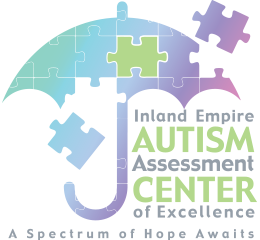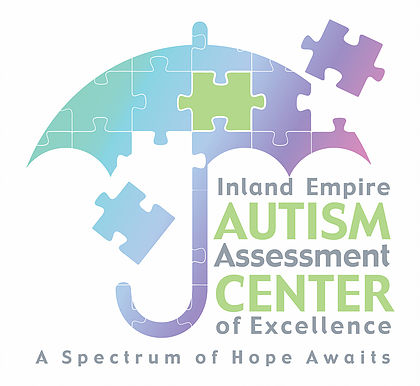Resources
Resources
What is autism?
Autism Spectrum Disorder (ASD) is a developmental disability that is characterized by social and communication deficits and restricted or repetitive behaviors. As the name indicates, there are a broad range or “spectrum” of symptoms and levels of severity found in individuals with the disorder. Each child and adult living with autism is unique in their presentation of the disorder. There are no laboratory tests, such as a blood sample, that can identify the disorder. Clinicians generally focus on interviews, observations, inventories, and evaluations that look at a child’s behavior, communicative and social ability, functional status, development, sensory/motor, and other areas of function in order to determine if a child meets the criteria for an ASD diagnosis.
*For more information, visit the Centers for Disease Control and Prevention website: CDC Autism Spectrum Disorder (ASD) Page
How do I know if my child has autism?
Parents/caregivers are generally the first to recognize that their child is not meeting typical development milestones or is behaving differently. It is vital that parents/caregivers have open conversations with their child’s primary care physician (pediatrician) if they have concerns. Doctors should also be conducting developmental screenings at each well-child visit, specifically at 9 months, 18 months, and 24 or 30 months. ASD-specific screenings should also take place at 18 and 24 months, or if there is a family history of autism, or if the child is determined to be at a higher risk for a developmental disability. Parents shouldn’t wait until their well-child visit to talk to their doctor about their concerns. Early screening and intervention can make a difference in the child’s long-term ability.
*For more information, visit the Centers for Disease Control and Prevention website: CDC Screening and Diagnosis of Autism Spectrum Disorder Page
What is normal development for a child?
Development looks different for each child, however, the CDC has developed a checklist of what most children can do by certain ages. We encourage you to keep a record of your child’s milestones and bring your notes with you to your well-child visits and/or in the event of a comprehensive diagnostic evaluation for autism or other developmental disabilities. Here is a link to the checklist: CDC Checklist with Tips (PDF)
My child has autism, what resources are available within the community?
The Autism Society Inland Empire has a wealth of information on their website regarding activities, support, advocacy and educational initiatives, therapies, and much more! We strongly encourage you to visit their website at: The Autism Society Inland Empire Website.


